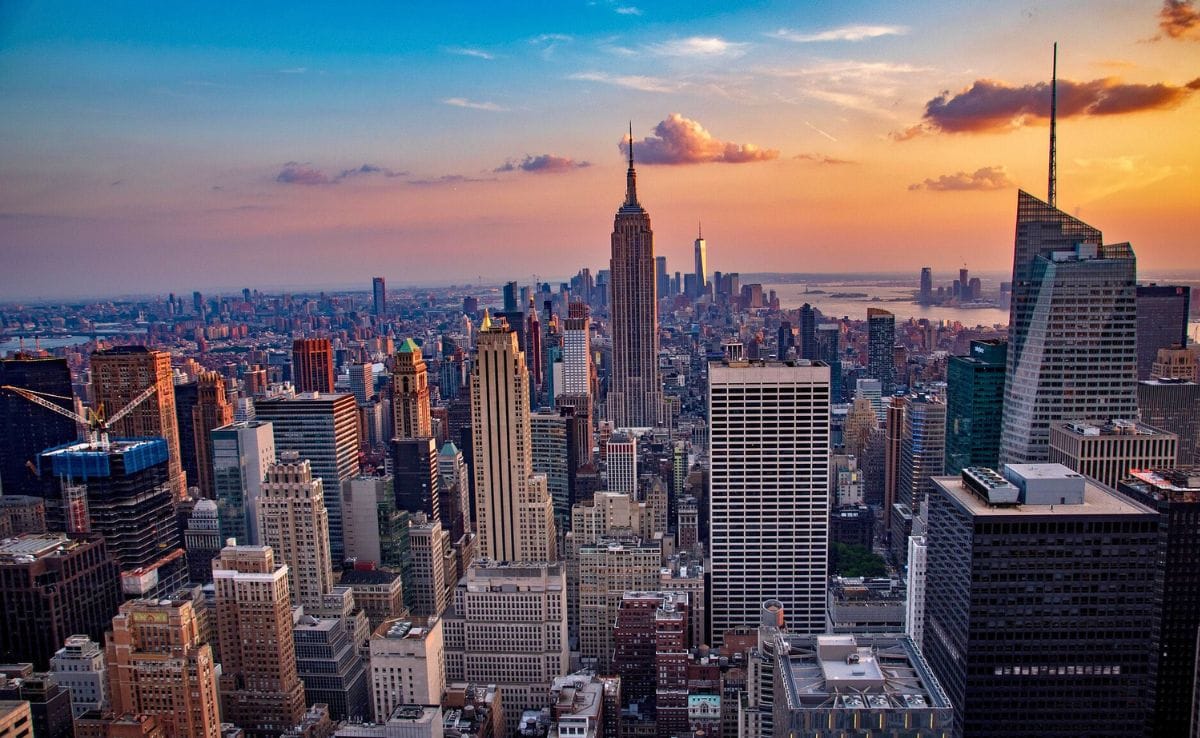
Planning a trip to the U.S. later this year? Starting September 2, 2025, the U.S. Department of State is rolling out tighter rules for non-immigrant visa applications. These changes mean that many applicants (especially first-timers and those renewing visas) will now have to attend in-person interviews. The eligibility for waivers is being significantly scaled back. This is a step back from the more relaxed policy updates introduced earlier this year, on February 18, 2025. Whether you're a student heading to college, a professional on an H-1B, or someone planning a holiday, here's what you need to know:
US Visa Application: What's Changing from September 2, 2025
- Most non-immigrant visa applicants will now be required to appear for an in-person interview.
- The interview waiver period for B-1/B-2 (business/tourist) visa renewals is being cut from 48 months to 12 months.
- The age-based exemptions for children under 14 and adults over 79 are being removed in most cases.
- If you're applying for a student (F, M), work (H), or exchange program (J) visa, you'll likely need to appear for an interview, even if you didn't need to before.

US Visa Application: Who Will Now Need To Go For A Visa Interview
From September 2 onwards, these categories will generally need to go through an in-person interview:
- B-1/B-2 applicants (tourist/business), including both new applicants and most people renewing
- F and M visa applicants (students)
- H-1B visa holders (work-related)
- J visa applicants (exchange programs)
- Children under 14 and seniors over 79
- Anyone who's had a visa refusal in the past, unless that refusal was later overturned
If you previously qualified for a drop-box renewal or got an interview waiver due to your age, that might no longer apply. It's best to double-check your status before making travel plans.
Applicants for certain diplomatic or official visas may still be eligible for waivers. Also, if you're renewing a full-validity B-1, B-2, or B1/B2 visa (or a Border Crossing Card), you might qualify for a waiver, but only if you meet specific conditions. Even then, consular officers have the final say. They can still ask you to come in for an interview, even if your application technically meets the waiver requirements.
Also Read: Saudi Arabia Announces 30-Day Grace Period For People With Expired Visit Visas
US Visa Policy Changes: Possible Impact On Indian Travellers/Students
1. Longer Wait Times Are Likely
With more people needing interviews, expect longer wait times for appointments at U.S. consulates. This could especially affect peak seasons like college admissions or holiday travel periods.
2. Indian Students Should Prepare for Delays
In the past, many Indian students were able to skip interviews if they met drop-box criteria. But now, most student visa applicants (F and M) will need to appear in person. This might affect your university start dates or travel schedules.
3. H-1B Visa Holders Could Face Extra Hurdles
Indian professionals on H-1B visas (especially those renewing their visas while visiting home) will likely need to schedule interviews now. That could mean delays in returning to the U.S. or extra complications with time off.
4. Tourists and Business Travellers Have Less Flexibility
If you're applying for a B-1/B-2 renewal, the interview waiver now applies only if your last visa expired within the past 12 months (down from 48). If it's been longer, you'll have to attend an interview. This will add time to your travel prep.
5. Family Trip Planning May Take More Time
Previously, kids under 14 and seniors over 79 were exempt from interviews. Not anymore, unless you're applying for a limited number of exempt categories. This impacts family travel, especially for vacations and family visits.
6. Be Ready for More Paperwork
Interviews mean more planning: you'll need to gather documents, go for biometrics, and travel to the consulate. This can mean added costs and effort for applicants across all visa types.
Also Read: India Reopens E-Visas For Chinese Tourists. What It Means For Travel, Culture And Business
What US Visa Applicants Should Do:
To avoid last-minute stress, here's what you can do:
- Check your visa type and whether you're still eligible for a waiver.
- Apply early, especially if you're in a high-demand category like student or work visas.
- Book your interview appointment well in advance to avoid long wait times.
- Keep an eye on updates from the U.S. embassy or consulate in your region.
These upcoming rule changes will affect a large number of Indian students, professionals, and tourists planning U.S. travel. With interview waivers now much harder to get, planning ahead and staying informed is essential. Before applying, make sure to visit your local U.S. embassy's official website for the most accurate, up-to-date guidelines.
Track Latest News Live on NDTV.com and get news updates from India and around the world

